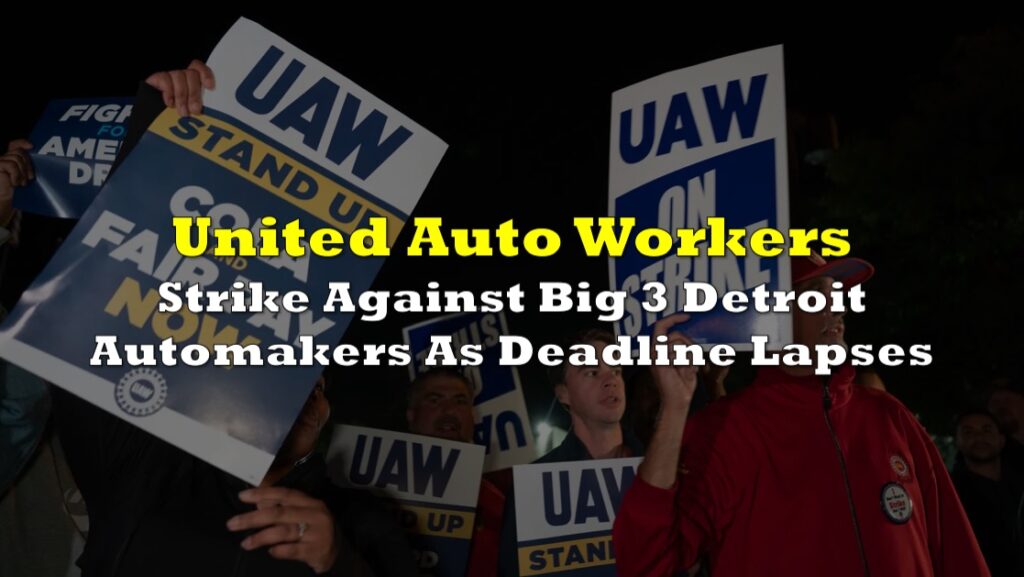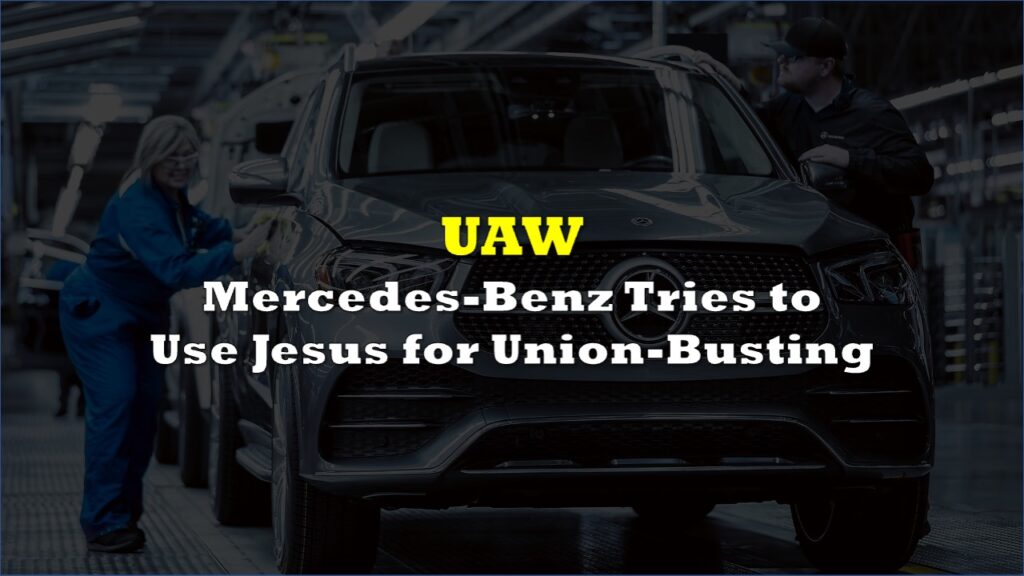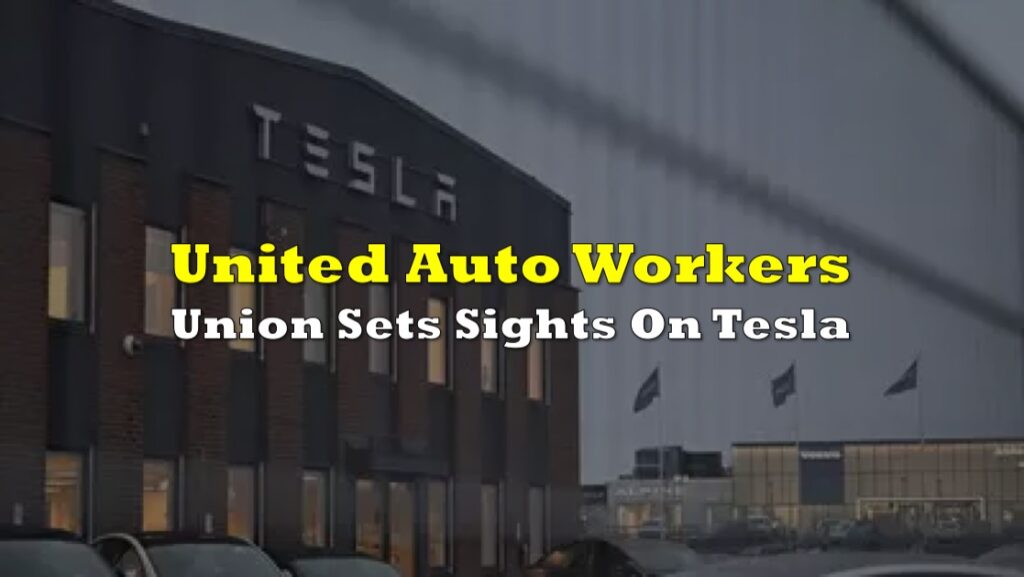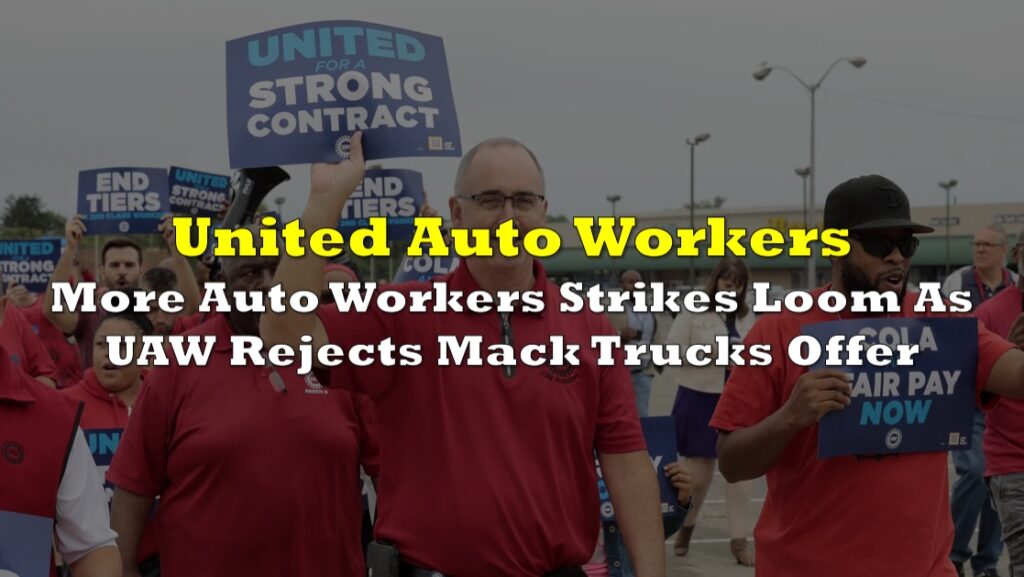The United Auto Workers (UAW) has initiated a campaign to organize 13 non-unionized automakers across the United States. UAW President Shawn Fain, following the achievement of record contracts with the Detroit Three, had earlier expressed the union’s intention to extend its influence beyond these manufacturers.
Related: UAW, Ford Reach Tentative Deal That Proposes 25% Pay Bump
The UAW’s target comprises nearly 150,000 workers from prominent automakers, including BMW, Honda, Hyundai, Lucid, Mazda, Mercedes, Nissan, Rivian, Subaru, Tesla, Toyota, Volkswagen, and Volvo.
Axios reports that at Toyota, a significant number of employees across various US plants are actively collaborating with the UAW to unionize their operations, marking a pivotal development in the union’s expansion efforts.
Sources reveal the formation of a voluntary organizing committee at Toyota’s Georgetown plant in Kentucky, representing the initial step in garnering support for unionization. This committee is engaged in direct discussions with UAW officials, forming part of a broader initiative to organize Toyota operations throughout the country. Similar efforts are reported at Toyota’s plant in Princeton, Indiana, where employees have met with UAW representatives to explore the possibility of unionization, according to WEHT.
Organizers are employing various strategies, including the collection of union authorization cards through a UAW website. The campaign emphasizes issues such as corporate profits and executive compensation at non-unionized companies.
UAW President Shawn Fain released a teaser video encouraging workers to join the UAW, highlighting the potential benefits of collective bargaining.
All across the auto industry, non-union autoworkers are getting the UAW Bump. That stands for U. Are. Welcome. You are welcome to join our union, and you are welcome to join our movement for a better life. pic.twitter.com/yRGqCDz5jK
— UAW (@UAW) November 20, 2023
Toyota is the world’s largest automaker, with around 49,000 employees at nine US factories, and it has become a focal point of the UAW’s campaign. The Georgetown, Kentucky plant, housing approximately 8,000 workers, stands as the largest Toyota assembly plant globally.
However, the UAW has historically faced challenges in the South, where previous attempts to organize plants have fallen through. Republican politicians and anti-labor laws in the region have posed obstacles, though recent expressions of support from some conservatives during the Detroit Three strike indicate a shifting landscape.
Information for this story was found via the sources and companies mentioned. The author has no securities or affiliations related to the organizations discussed. Not a recommendation to buy or sell. Always do additional research and consult a professional before purchasing a security. The author holds no licenses.









